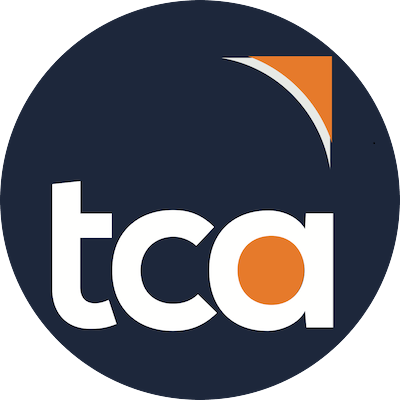There are moments in life when a crisis disrupts the patterns of how we spend our time.
It might be something as small as missing a flight, which forces us to spend the entire day reconfiguring travel arrangements. Or it might be as massive as the global pandemic, which has forced almost half the planet to reconfigure our time to do … nothing.
This crisis of nothing has wiped many people’s schedules. But not everyone’s.
Many have been thrust into spending days reconfiguring a business. Many are trying to navigate a world as a furloughed or laid-off employee. Many are working, spending their nonworking time keeping themselves and their families together and safe. Many are juggling a variety of tasks while trying to educate and entertain their children.
It’s a trap – one that’s easy to fall into during a crisis – to think that we must optimize every minute of our day.
If we’re not working, we should be doing something else productive, become better educated about the crisis, shop for food, sanitize the house, build our business plan. We think if we just push our way through this, constantly staying productive, we’ll find more creative, safer, better, successful ways through it. If we just stay busy, we can’t fail.
There’s an internet meme going around that reflects this view. It goes something like this: “If you don’t come out of this quarantine with a new skill, your side hustle started, or more knowledge, you didn’t lack time, you lacked discipline.”
Take a breath. It’s not true. It’s a ridiculous statement – and a relic of the guilt-trip “hustle culture” that’s built up over the last 10 years.
There are many for whom the crisis of nothing has not provided the opportunity to do nothing. But everyone’s looking for creative solutions to the challenges they face.
We need time to be creative.
One of my great joys was to be able to sit down with the wonderful actor and comedian John Cleese, who is also a scholar on the topic of creativity. In his work he talks about how creativity isn’t a talent, it’s a way of operating. What separates those who are seen as truly creative is not what they produce, but the operating model they give themselves to produce it.
John speaks of the open and closed mind. The closed mind may be purposeful (and sometimes stressed and manic), he says, but it’s not creative.
The open mind is relaxed and expansive. He likens it to a child at play. That’s where creativity happens.
There are times for both. As Cleese notes, the moment when you are attacking a machine-gun post is not when you should pause and try to explore the possible funny side of what you’re trying to do.
If you want creativity, you need to make time for it.
I urge you to make play essential part of your day – now and when we are out of this crisis of nothing. Find time to play – with no regard to output, purpose, rules, or constraints other than to let your mind and/or body wander like a child on a playground. You may call it meditation, prayer, relaxation, or yeah, playing. In a word: Nothing.
It’s easy to focus on activities we believe are urgent, rather than focusing on important things that aren’t urgent. But the only way we will find creative solutions to challenging times is by setting aside time to actually be creative.
In this crisis of nothing, making time for nothing may be one of the most productive things we can do.
It’s your story. Tell it well.





